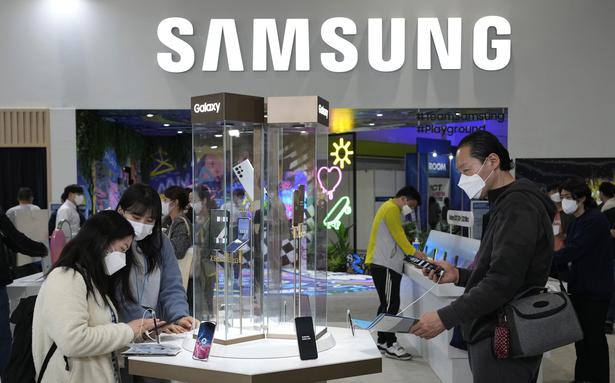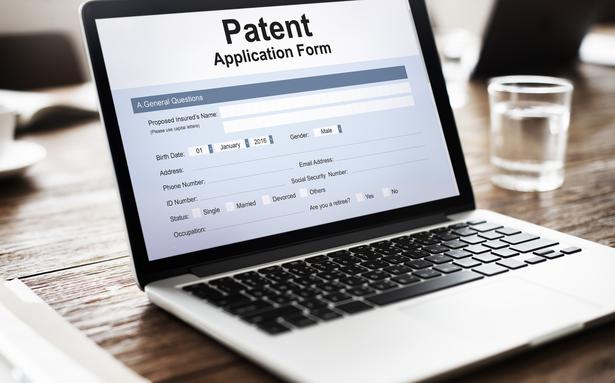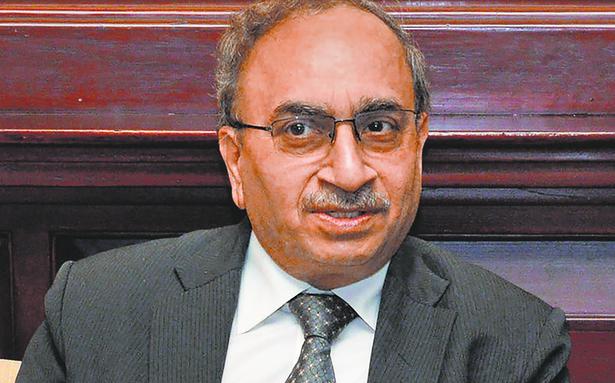Samsung’s operating profit rose to 14.1 trillion won for the quarter ended March 31, from 9.38 trillion won a year earlier.
Samsung’s operating profit rose to 14.1 trillion won for the quarter ended March 31, from 9.38 trillion won a year earlier.
Samsung Electronics Co Ltd on Thursday reported a 51% rise in quarterly profit, buoyed by resilient data center demand for high-margin memory chips, but warned that component shortages are likely to persist in the second half.
(Sign up for our technology newsletter, Today’s Cache, for insights into emerging topics at the intersection of technology, business and government. Click here to subscribe for free.)
The world’s leading maker of memory chips and smartphones said demand for server chips is expected to be relatively solid in the second half of the year, but the pace at which component shortages are being addressed needs constant monitoring.
“While uncertainties related to the macroeconomic environment and geopolitical issues are expected to persist, the company will prioritize increasing the proportion of advanced processes for components,” it said in a statement.
Samsung’s operating profit rose to 14.1 trillion won ($11.1 billion) for the quarter ended March 31, from 9.38 trillion won a year earlier.
That was the highest first-quarter profit since 2018 and matches the company’s estimate earlier this month.
Chip business profits rose to 8.45 trillion won, more than double the 3.36 trillion won a year earlier, fueled by record server chip sales in the quarter.
Memory chip rival SK Hynix forecast solid demand for server chips on Wednesday, but warned that sales to smartphone and PC customers would slow due to COVID-19-related lockdowns in China.
In Samsung’s non-memory chip business, rising prices of older models of chips and improved earnings in its chip-to-order business lifted earnings sequentially, analysts said.
Operating profit of Samsung’s mobile and network business was 3.8 trillion won in the first quarter, down from 4.4 trillion won a year earlier.
Samsung ramped up production of its mid-to-low-end Galaxy A series in the quarter to compete aggressively in the segment, while also launching its flagship Galaxy S22 series. It increased its smartphone market share to 24% during the period from 22% a year earlier, Canalys analyst Sanyam Chaurasia said.
Total revenue rose 19% to a record 77.8 trillion won.
The company expects chip demand from server customers to remain relatively solid in the second quarter, and the smartphone market is expected to continue growing in the second half of the year.
However, it is also expected to continue experiencing component shortages and lack of capacity availability at its chip contract manufacturing facilities.
Analysts said Samsung’s recent focus on selling more high-margin memory products to prioritize profitability over volume would ultimately limit shipments and help boost DRAM prices later in the year, as would the limited increase in chips -Production capacity due to delivery delays in chip manufacturing.
Samsung shares traded 0.6% lower in early trade on Thursday compared to a flat broader market.




